As a physician, you have probably had a variety of reactions to all of this publicly available health advice. You may feel impressed by medical tips delivered in an understandable way, you may squirm at nuanced inaccuracies, or you may even be appalled by completely false medical claims that could take advantage of trusting consumers. Any or all of these reactions can then inspire a physician to strive to become a source of accurate and thoughtful consumer health information.
Getting Started
But getting into the world of medical writing is challenging, yet if you stick to it it can be one of the most fulfilling and rewarding ways to have an impact outside of direct patient care.The key to getting started as a medical or health writer is to really decide whether it could be a good fit for you. Carefully reading a variety of the content that is out there is an important step. As you evaluate the characteristics of what you see, you can begin to decide what you like and what you don’t like. Magazines, journals, websites, physician education resources, and pharmaceutical releases are among the many sources of health and medical content.
Your impression of medical and health writing can help you formulate how you would eventually like to form your own writing style. As this process begins to take form, you can easily see whether your writing would fit well with the publications that you like.
Once you figure out if you would like to be more of a consumer-focused health writer, a writer of medical education for health care professionals, a scientific technical writer, or a medical writer focused on marketing, you can begin to work on becoming a strong candidate for medical writing jobs.
Building a Portfolio
Of course, there is a chance that once you pay close attention to health and medical content, you could decide that you don’t like any of it. If you feel that none of the publications you are seeing would be a good fit, this might mean that being a medical writer is not for you. All decision makers in the publishing field know that doctors are tremendously knowledgeable and capable of assessing the accuracy of information. However, even as a medical expert, it is virtually impossible to be paid to write without proving that you can write in a way that delivers a useful and relatable message. One of the ways to do this is to build an accessible portfolio that you can easily point to if you apply for a medical writing job.
Physicians can do this by contributing articles to consumer-based online websites, print magazines, or blogs for free. If you are focused on eventually writing for a professional audience, you can work in submitting an article to a peer-reviewed medical journal—either on your own or by working with a team (along with others from the hospital where you work or from your local medical society). Doctors who also have other skills to show off, such as graphic designing, might create their own blogs or websites to author content on their own sites that serve as a portfolio in the future.
Improving
If you are very dedicated, you can focus on writing for as many publications as you can handle for several months. Some aspiring medical writers take it slower, contributing an article for publication only every few months.Writing articles is a great start for most doctors. Building a strong portfolio that you can use to apply for medical writing positions requires honing your skills and your message. This often means getting an understanding of how your writing is received.
Most online publishers will provide you with analytics for the content you authored, giving you an idea of how popular the pieces you write are. Websites and blogs often have comment sections, so you can see reader reactions to your work. And if you share your writing on social media, you can assess traffic reposts and reader comments to gauge various feedback to your work.
Evaluating reader responses can help you decide whether you are meeting the needs and expectations of readers and whether or not you have been able to connect with others through your writing.
Getting Paid
If you compare your writing with what others have written about the topic, you can figure out what distinguishes you from the competition, and you can be sure to keep those traits that make your own writing special. If your goal is eventually to be paid for your writing, it may be time to start applying for writing positions. If your articles are well written and receiving attention, there is a good chance that you will be invited by at least a few publications to apply for paid writing assignments.
Doctors typically need to adjust their CV to include writing experience and links to published work (or just a sample if you have more than 10 articles published). Doctors can create a strong cover letter to then be adjusted when sending it to different publications. This step of personalizing your cover letter is important because it shows that you have made an effort to understand a publication and their readers, which makes you a better candidate.
You can get positions in technical writing in pharmaceutical companies or medical communications companies by applying directly through their websites for a full-time position. By searching on platforms like Google or LinkedIn for these jobs you will also find many different medical communications companies that you can look to work with.
If your goal is to write for a patient/consumer-directed publication, you can begin by finding publications that you respect, and reaching out to them through their websites as well. Consider browsing the job openings listed for publications that have content about the subject matter you may have already written about. And it is often a good idea to reach out to authors you admire and ask them if they know of any need in your field of interest.
It helps to submit applications to many online websites and print journals. Keep in mind that there are far more technical writing jobs than there are jobs writing health and medical content in the media or in medical education.
Medical writing is an area that some doctors find interesting. It is a quiet endeavor that requires self-discipline and self-motivation. Your experience as a physician gives you a special type of discernment into what readers really want and need from medical content, far more than analytics does. Yet, reader comments and correspondence, along with sophisticated analytics give a physician medical writer unique insight about the perceptions of readers who look for and depend on medical content as they navigate their health.
15% Off Medical Practice Supplies
VIEW ALL
 Manual Prescription Pad (Large - Yellow)
Manual Prescription Pad (Large - Yellow) Manual Prescription Pad (Large - Pink)
Manual Prescription Pad (Large - Pink) Manual Prescription Pads (Bright Orange)
Manual Prescription Pads (Bright Orange) Manual Prescription Pads (Light Pink)
Manual Prescription Pads (Light Pink) Manual Prescription Pads (Light Yellow)
Manual Prescription Pads (Light Yellow) Manual Prescription Pad (Large - Blue)
Manual Prescription Pad (Large - Blue)__________________________________________________
Appointment Reminder Cards
$44.05
15% Off
$56.30
15% Off
$44.05
15% Off
$44.05
15% Off
$56.30
15% Off
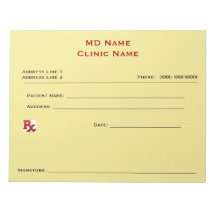
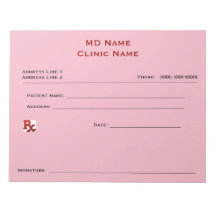
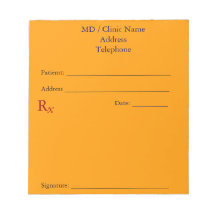
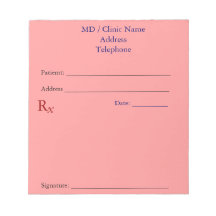
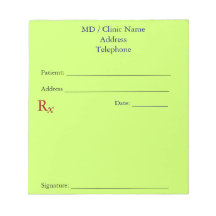
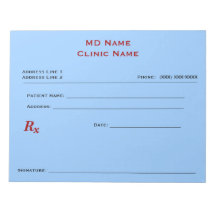
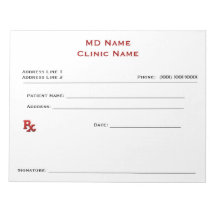
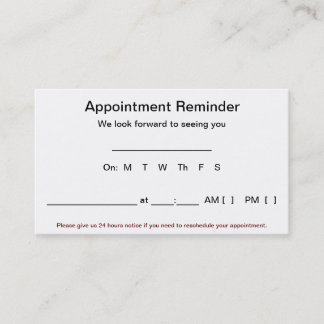
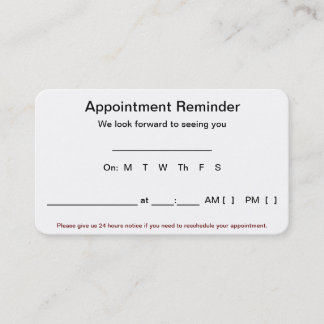
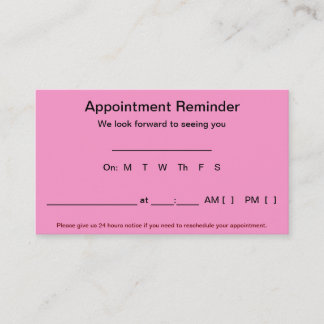
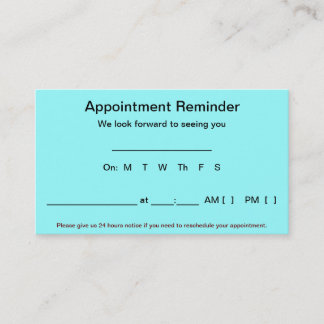
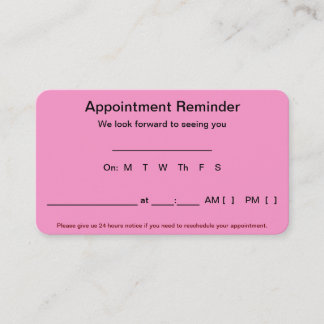
No comments:
Post a Comment